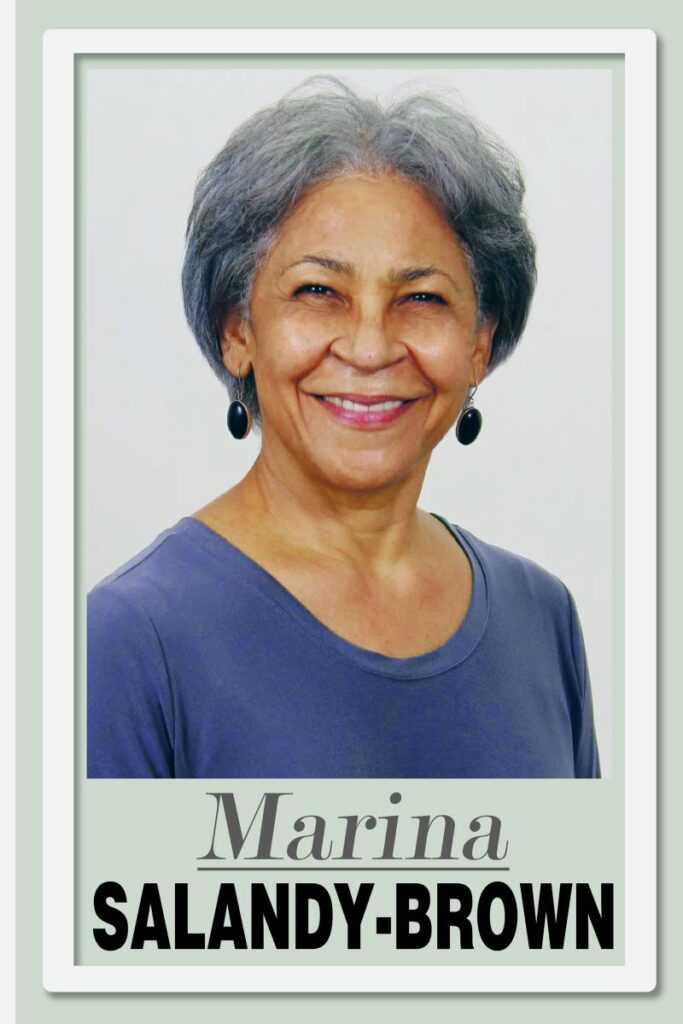Discovering the Creole Nation

FILSAI is the acronym for the Feria del Libro de San Andrés – the San Andres Book Fair – and the Yehman Fest musical encounter, at which TT was the guest country in 2024. Any Caribbean person attending the lively four-day event in the island’s capital would feel perfectly at home for the familiarity of the geography and the vibe. The language though, would require a special effort, and therein lies a fascinating story of a largely undiscovered part, to many of us, of the Creole Caribbean.
Raizals (as San Andrés natives are called colloquially) are bilingual. Their Spanish sounds typical of Latin America, but their English, to our ear, has more in common with Jamaican patois than the King’s English. During my inaugural presentation, on behalf of the Bocas Lit Fest, I had little trouble in finding someone to render an authentic reading of a Jamaican poem that suited the overall festival theme – Borders Are Imaginary or in local parlance “Bitout Baada” – a transliteration of “without borders.”
The islands, belonging to the republic of Colombia but lying nearer to the coasts of Nicaragua and Panama, are probably not on the radar of most people in our anglophone region although they belong to our historical, linguistic and cultural sphere. They were not on mine till a literary exchange organised by the embassy of Colombia in Trinidad in collaboration principally with the government of the archipelago and Banco de la República. Although Colombia is one of the largest hispanophone countries situated in the armpit between Central and South America, the country’s ambassador to TT, His Excellency William Bush Howard, a native of the archipelago of San Andrés, Providencia and Catalina (or St Andrew, Old Providence and Ketlena) has a thoroughly English name, in keeping with the islands’ unique British colonial history.
The islands were conquered in reverse order to us. English Puritans settled them, and the African slaves and indigenous peoples – many displaced from the Eastern Caribbean – mixed, as they did in the surrounding coastal mainland regions of Bluefields in Nicaragua and Puerto Limon in Costa Rica. They developed an Afro-Caribbean English-based Creole language. Another wave of “black Caribs” arrived later to live in Guatemala, Honduras and Belize. Their language belongs to the Arawakan group of languages and has survived centuries of discrimination and linguistic domination. In 1641 Spain expelled the English, and Spanish became the dominant language of all these areas, except Belize, which was British.
The concept of borders being notional things is not so far-fetched when we consider the haphazard way in which many of our islands came to be settled and how we, as Caribbean people with a large diaspora, continue to be defined by our connection to the relatively small but scattered land masses in the Caribbean Sea that have no single capital or centre. Around the Caribbean Basin we predominantly speak four of the main European languages plus umpteen original and hybrid others that exist nowhere else. They reveal our diverse origin as migratory routes over millennia that have given us a multiplicity of histories shaped by pre-colonial, colonial and post-colonial ties.
How we speak and what we speak can be contentious and is nearly always political. The narratives we create with those languages are important in shaping who we are and perceive ourselves to be. The average person might take it for granted but our anglophone Caribbean writers have been engaged in the long and continuing project of finding our voice as free people. Standard English remains our primary written language but writers have been recording on the page their characters’ Creole vernaculars which we reserve for domestic and familiar settings and only see written in fiction.
In San Andres, the primary oral language is an English-based Creole but their primary written language is Spanish. The St Andrewans and Providencians are pushing against what they see as the suppression of standard English and Spanish having replaced it. When we consider that not so long ago many people in town and city in Trinidad spoke French patois, and that once everybody did; that we speak no African languages, no Indian or Chinese languages, no Portuguese, hardly any Spanish and have become monolingual, we can deduce that this transition was not necessarily an accident, but the result of a well-implemented, successful policy of homogenization and integration. It is through cultural expression, whether in music, art, dance and, indeed, literature that we push back.
FILSAI helped explain what we, visitors to San Andres, could only intuit in the linguistic maze we found ourselves in, and also indirectly why so much effort is being put into cultural development in the islands that consider themselves West Indian. Clamor of the Islands: St Andrew and Old Providence Under Colonial Rule by local Martin Pomare Howard (2021, University of Pittsburgh, available on Amazon) is a very readable, lively exposé of the islands’ historical, linguistic and cultural contradictions and paradoxes and the challenges to Spanish language hegemony in the national Colombian context, which inevitably includes, class, race and ethnicity and has it origins in colonisation.

Comments
"Discovering the Creole Nation"